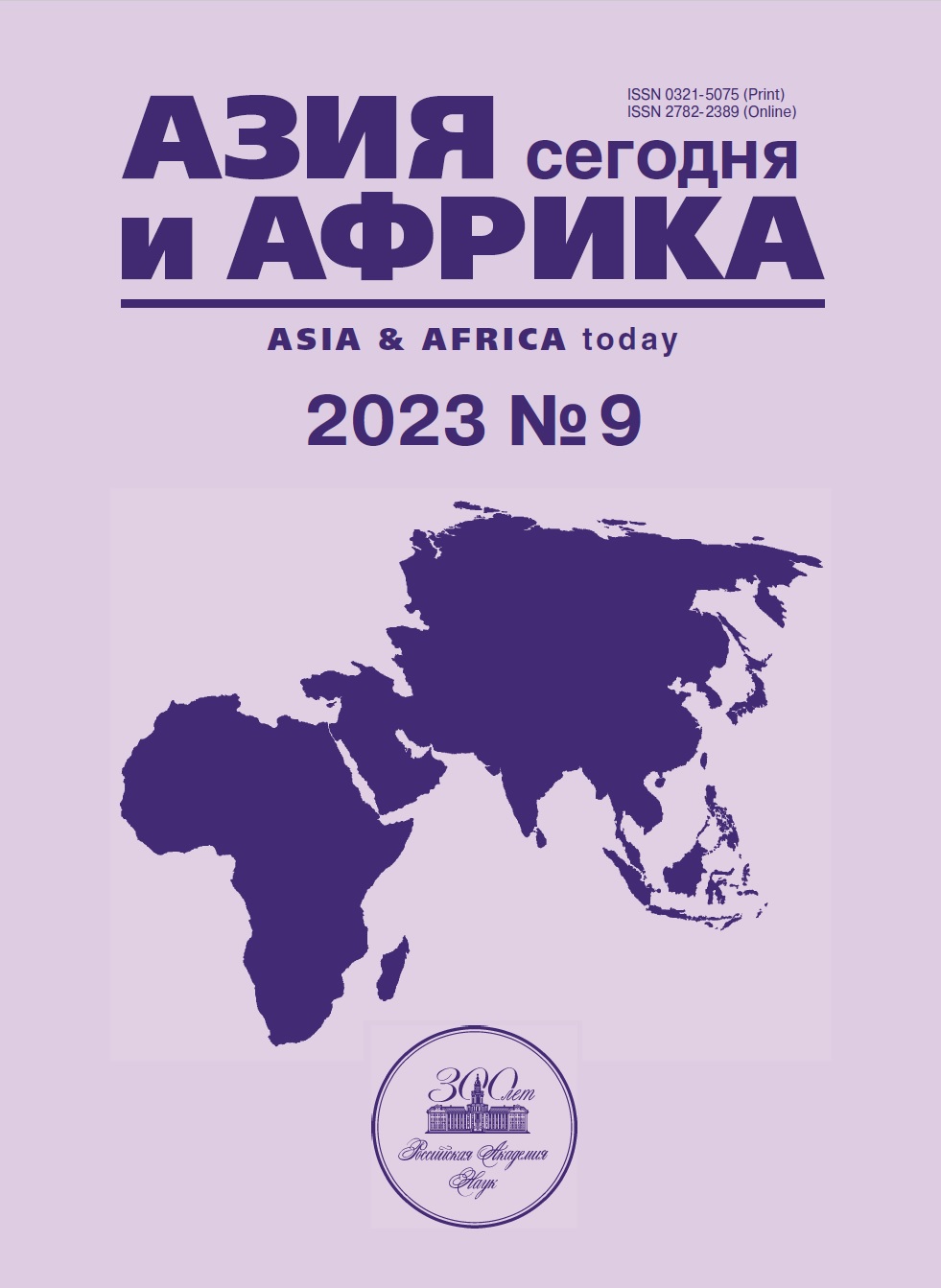Humanitarian Activities of International Structures in Africa. Some Aspects
- Authors: Grishina N.V.1, Ksenofontova N.A.1
-
Affiliations:
- Institute for African Studies, Russian Academy of Sciences
- Issue: No 9 (2023)
- Pages: 61-68
- Section: Politics, economics
- URL: https://jdigitaldiagnostics.com/0321-5075/article/view/647352
- DOI: https://doi.org/10.31857/S032150750027594-5
- ID: 647352
Cite item
Abstract
The intensification of multilateral humanitarian activities of international organizations is especially noticeable in African countries, most of which belong to the poorest in the world. Areas of response are zones of armed and military conflicts, territories whose inhabitants have suffered as a result of natural disasters and dangerous diseases. As a rule, women, children and elderly people need emergency assistance first of all.Most humanitarian missions operate under the auspices of the UN, the African Union, the European Union, and UNICEF. Significant assistance comes from volunteers working as part of humanitarian organizations – citizens of African, European, Asian countries, representatives of both Americas. Various socio-cultural and socio-economic programs are being implemented, aimed, in particular, at providing young people of both sexes with access to education, introducing the population to new types of employment, and mastering modern agricultural machinery. Financial support is provided by the entities of the World Bank.In their work, humanitarian workers often rely on the support of community religious leaders, whose authority allows them to conduct conversations with the population on topical issues. The focus is on the fight against diseases, poverty, gender inequality, domestic violence, HIV/AIDS and environmental degradation.For many decades, the Russian Federation has been involved in international humanitarian activities, considering it as one of its foreign policy tasks to strengthen stability and security worldwide.
About the authors
Nina V. Grishina
Institute for African Studies, Russian Academy of SciencesRussian Federation, Moscow
Natalia A. Ksenofontova
Institute for African Studies, Russian Academy of SciencesRussian Federation, Moscow
References
- Rotchild R. Ethnic Fears and Security Dilemmas: Managing Uncertainty in Africa. Michigan. The University of Michigan Press, 2003. P. 77–79.
- Громогласова Е.С. Роль Африканского союза в обеспечении гуманитарной безопасности в субсахарской Африке. Политика и общество. 2018. № 1. С. 72–82. doi: 10.7256/2454-0684.2018.1.25231
- Африка: региональные проблемы безопасности. М.: Дипломатическая академия МИД России. 2022. С. 157–159. ISBN 978-5-6048374-0-5
- Eradicating poverty, investing in empowerment. Annual report 2019. Washington, World Bank, 2019. P. 22. eISBN: 978-1-4648-1483-9; doi: 10.1596/978-1-4648-1482-2
- Гришина Н.В. Водные ресурсы Африки южнее Сахары: возможности и проблемы использования. М.: Институт Африки РАН, 2022. С. 95–96. ISBN 978-5-91298-275-0
- Сухарев А.И. Политика гуманитарной безопасности. Безопасность Евразии. 2000. № 1. С. 50.
Supplementary files










